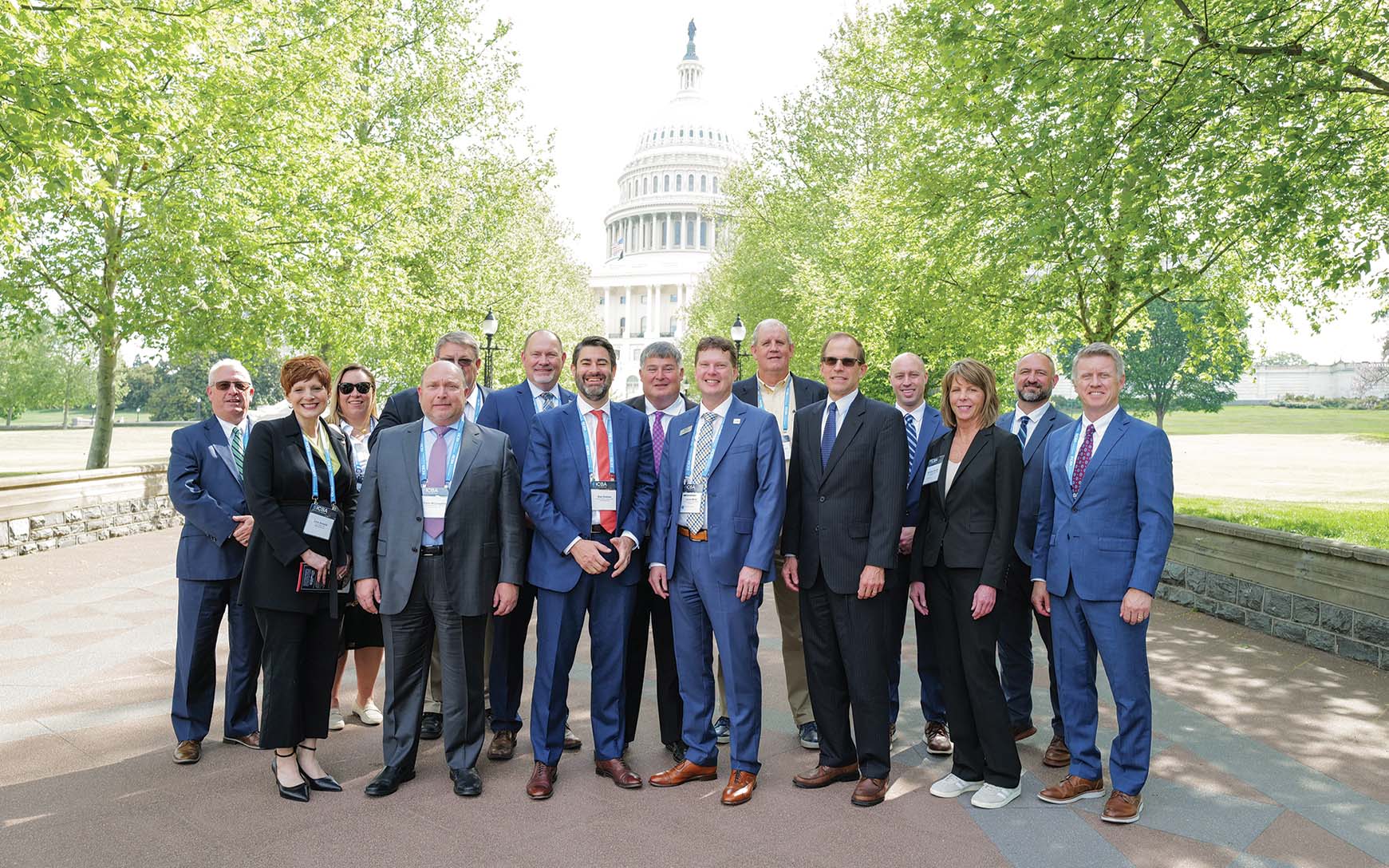When a member of Congress introduces a bill that would affect the community banking industry, ICBA analyzes its implications, provides guidance and begins putting pen to paper. Here’s how ICBA uses letters to try to influence Congress.
Powering Potential: How ICBA's Letters Influence Congress
1025 Writing 2k
October 01, 2025 / By Rachel Hatcher
When a member of Congress introduces a bill that would affect the community banking industry, ICBA analyzes its implications, provides guidance and begins putting pen to paper. Here’s how ICBA uses letters to try to influence Congress.
In the past year, ICBA has sent dozens of letters communicating community bankers’ policy needs to members of Congress and relevant congressional committees. ICBA’s government relations team follows legislation and works across the industry to pass (and stop) salient bills.
ICBA offers expert insight into the financial services industry, says John Coleman, senior director of advocacy for ICBA. “Community banks serve tens of thousands of Americans, and community bankers are plugged in to not just the financial system but also their communities, so legislators need—and want—to hear our unique message,” he explains.
When is a letter called for?
The process begins with ICBA’s government relations team identifying possible legislation on which its input might be needed, especially those related to ICBA’s annual policy resolutions. Once flagged, the team drafts an official letter.
“We don’t weigh in on every bill that moves through the House Financial Services Committee, because some of them are not relevant to us,” says Alan Keller, senior vice president of legislative policy for ICBA. “We focus on priorities that we and our leadership bankers have identified in our annual policy resolutions.”
ICBA targets not only individual members of Congress but also committees of jurisdiction like the House Financial Services Committee or the Senate Banking Committee.
Recently, ICBA wrote Sens. Katie Britt (R-Ala.) and John Boozman (R-Ark.) about its support for the PROTECTED Act (S. 2352), which would provide small businesses with relief from the Consumer Financial Protection Bureau rule to implement Section 1071 of the Dodd-Frank Act.
Who writes the letters?
The letter-writing process is highly collaborative. Keller begins by tapping into ICBA’s collective knowledge to draft the letter. Industry-leading subject matter experts, ICBA president and CEO Rebeca Romero Rainey, members of the government relations team, directly affected community banks, community bank state associations and sometimes external coalition groups opine and contribute.
Working collaboratively ensures Congress hears the right voice at the right time to improve community banking policy.
More from ICBA
To view recent letters, visit icba.org/advocacy/letters-testimony
Looking to speak up on behalf of community banks nationwide? Visit ICBA’s Be Heard Action Center and write to Congress about issues that matter to community banks.
Subscribe now
Sign up for the Independent Banker newsletter to receive twice-monthly emails about new issues and must-read content you might have missed.
Sponsored Content
Featured Webinars
Join ICBA Community
Interested in discussing this and other topics? Network with and learn from your peers with the app designed for community bankers.
Subscribe Today
Sign up for Independent Banker eNews to receive twice-monthly emails that alert you when a new issue drops and highlight must-read content you might have missed.
News Watch Today

Join the Conversation with ICBA Community
ICBA Community is an online platform led by community bankers to foster connections, collaborations, and discussions on industry news, best practices, and regulations, while promoting networking, mentorship, and member feedback to guide future initiatives.













